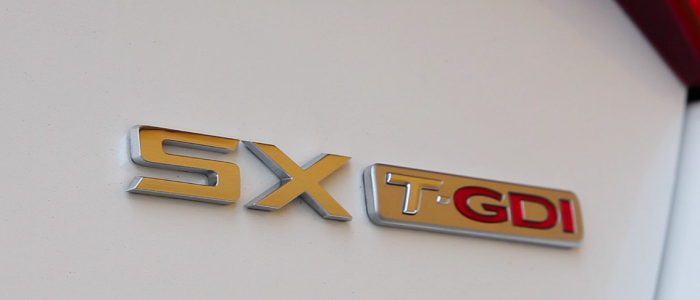
Hyundai - T-GDI Badge
Explaination and usages


What does actually the T-GDI badge mean on vehicles by Hyundai?
Abbreviation of Turbo-charged Gasoline Direct Injection. Hyundai and its sister company KIA use this label on their cars powered by petrol engines with direct fuel injection technology and equipped with turbo chargers. These engines generally offer better energy utilization, higher torque and lower fuel consumption compared to an engine with the intake manifold indirect injection.
List of cars using this badge

Vehicles by Chery

Vehicles by Hyundai

Vehicles by KIA
Check vehicle history
Visitor comments
No comments at this time. Be the first one to write a comment.
Follow us
AutoManiac Instagram
AutoManiac database currently covers:
49worldwide automotive brands
1.661different vehicle models
2.384engines
14.865specific cars











































